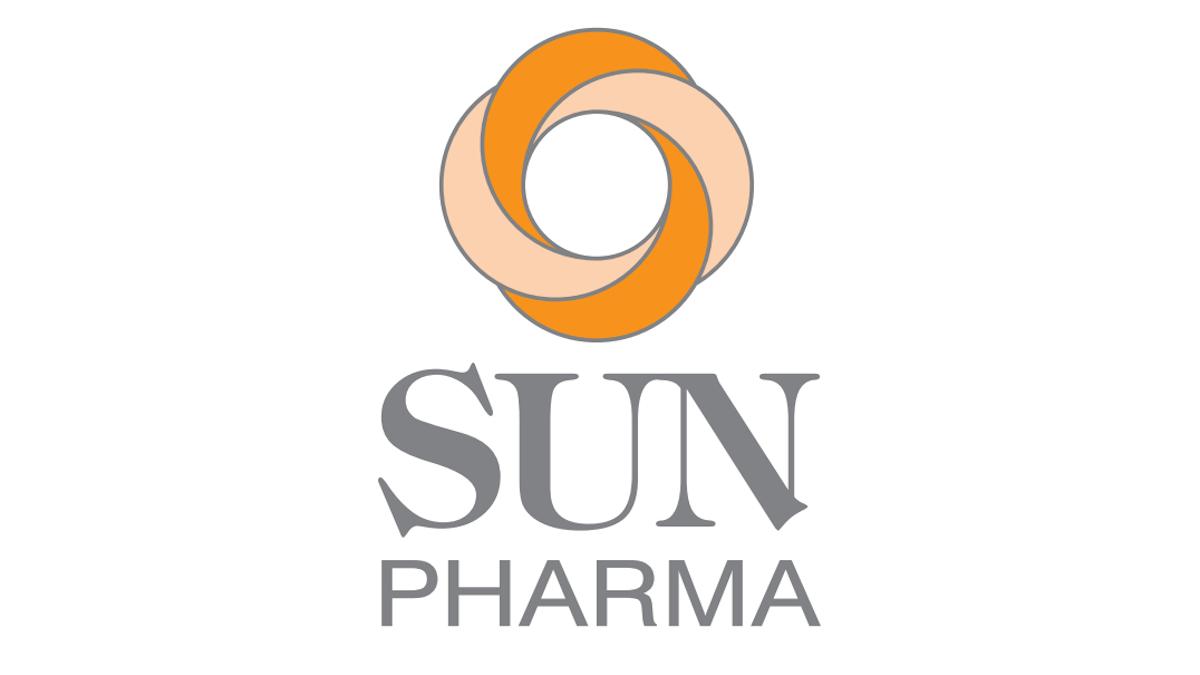Cheaper Soliris biosimilars reach the US market

The first biosimilars of AstraZeneca/Alexion's blockbuster complement C5 inhibitor Soliris have been launched in the US at a discount to the brand.
Both Amgen's Bkemv and Teva/Samsung Bioepis' Epysqli were approved by the FDA last year to treat paroxysmal nocturnal haemoglobinuria (PNH), atypical haemolytic uraemic syndrome (aHUS), and generalised myasthenia gravis (gMG). That covers all of the FDA-approved indications for Soliris (eculizumab), except for neuromyelitis optica spectrum disorder (NMOSD) which remains protected by use patents.
The US launch of the two biosimilars has been delayed from their approval dates last year under the terms of patent litigation settlements, but both are already on the market in Europe.
Amgen has priced Bkemv at a roughly 10% discount to Soliris, which has a list price in the US of $6,523 for a single-dose vial, while Teva has launched at a 30% discount – a difference that likely results from slightly different approval status for the two products at launch.
Bkemv is deemed interchangeable with the reference drug, meaning that pharmacists in the US will be able to substitute the biosimilar for Soliris at the point of dispensing, without consulting the prescriber. However, while the FDA has provisionally determined that Epysqli will be interchangeable, that will only kick in when a 12-month period of exclusivity for Bkemv expires.
Teva licensed rights to Epysqli in the US earlier this year and said that approximately 70% of eculizumab-treated PNH patients are not dosed according to the label, while two-thirds of patients discontinue eculizumab within an average of 1.5 years, which it claimed "can be attributed to several factors including the high treatment cost."
Soliris contributed $2.58 billion in global revenues to AZ last year, a 14% drop on the prior year, of which just over $1.4 billion came from the US market. It has been overtaken by stablemate Ultomiris (ravulizumab), a longer-acting C5 inhibitor which requires less frequent dosing – an infusion every eight weeks rather than every two weeks.
Sales of Ultomiris – which is approved for the same four indications as Soliris – rose by more than a third in 2024 to reach $3.9 billion last year, showing that AZ's strategy to defend its C5 inhibitor franchise is proving successful.
The two drugs came from AZ's $39 billion takeover of Alexion in 2021, and last year AZ claimed FDA approval for a third – oral Factor D inhibitor Voydeya (danicopan) – which can be added to Soliris or Ultomiris for PNH patients who don't get a satisfactory response from the C5 drug alone.
Image by BÙI VĂN HỒNG PHÚC from Pixabay












